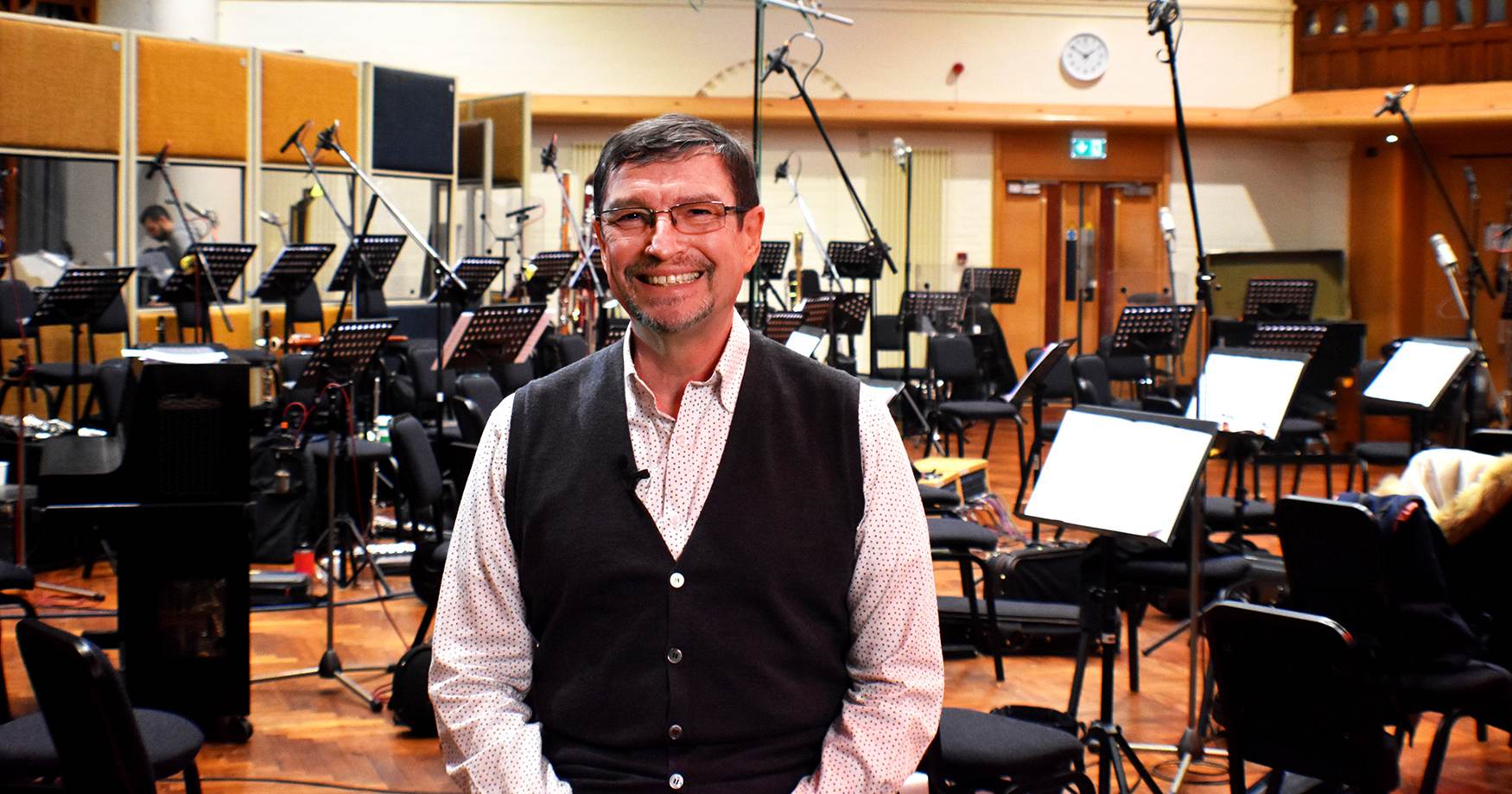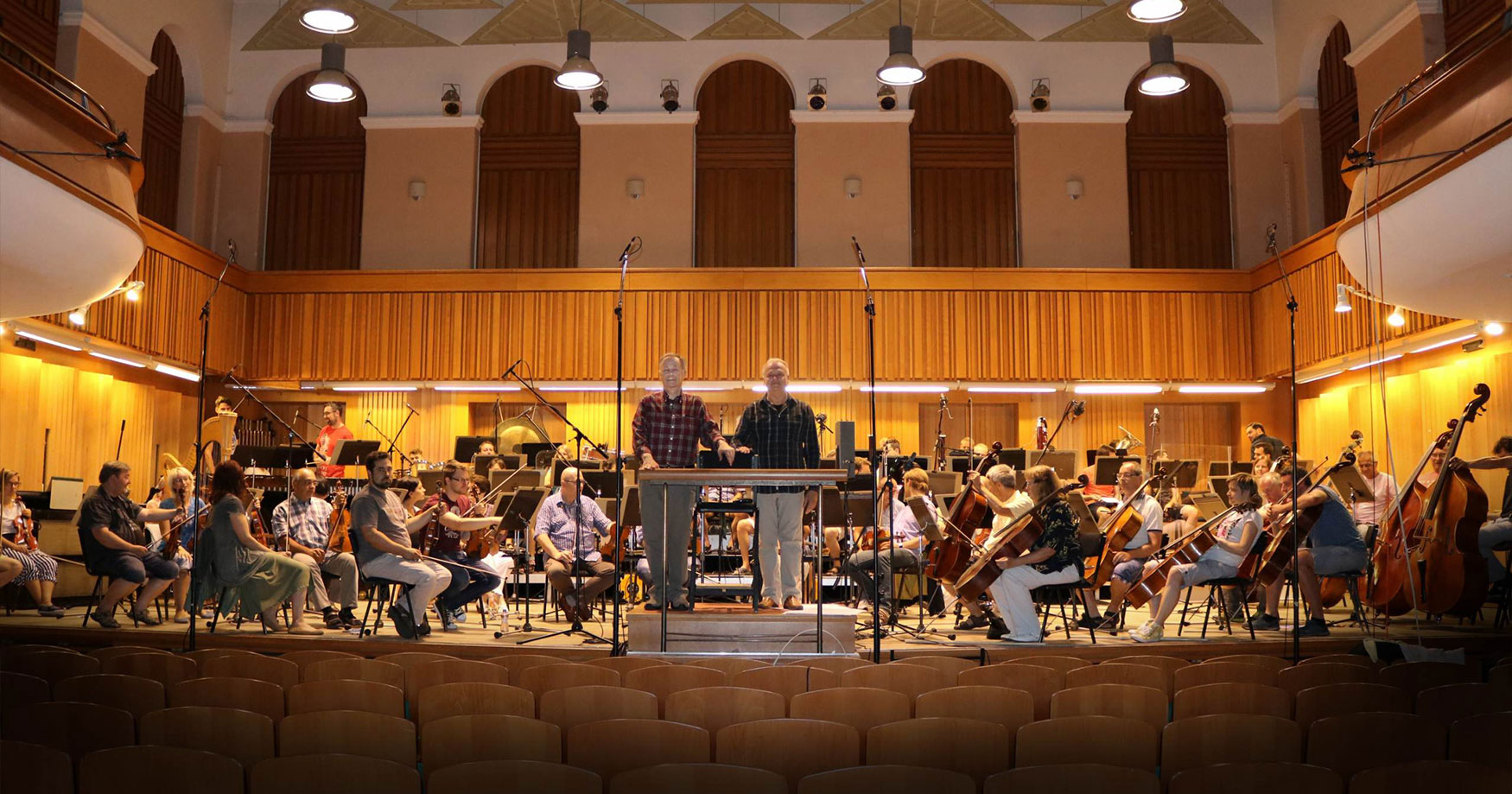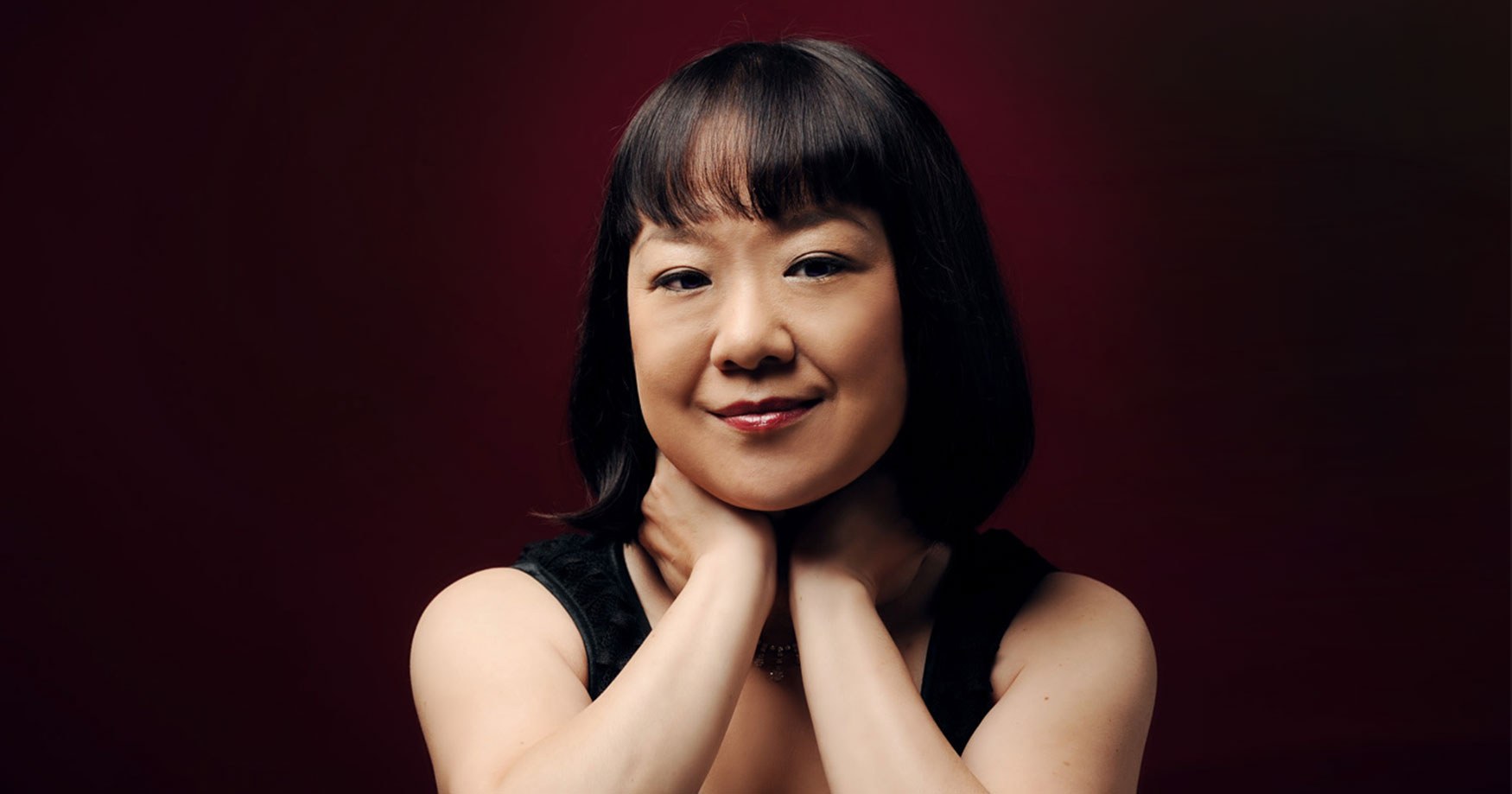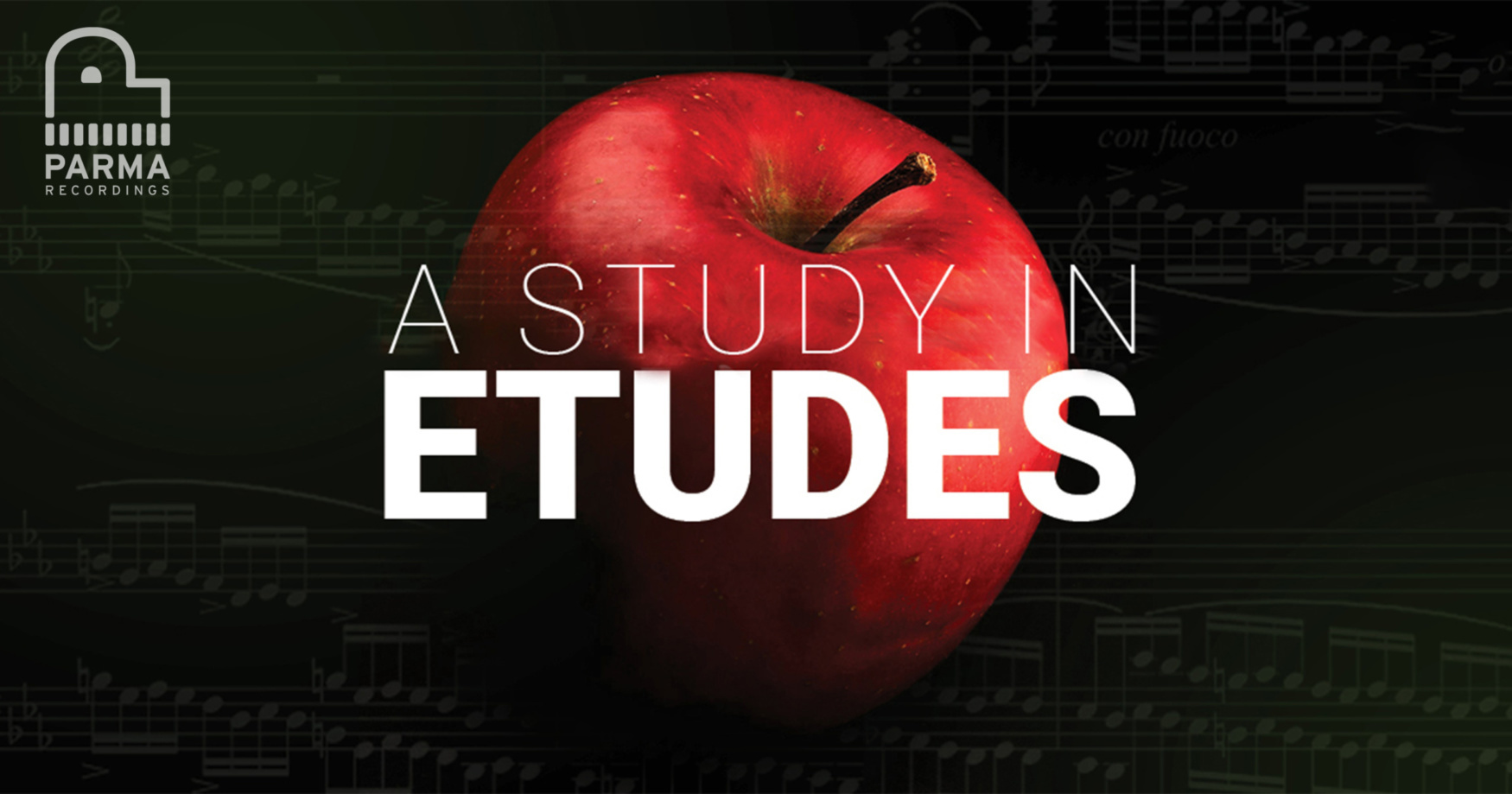September introduces lots of transitions, from cooler temperatures and falling leaves to steaming beverages replacing iced coffees. And, of course, September means that back-to-school season is in full swing. With professors assigning their first essays of the semester and students hitting the library and practice rooms, PARMA is joining in the excitement by spotlighting the type of work most synonymous with musical study: the étude.
PARMA has had the pleasure of recording a number of fascinating études by our composers, which continues this tradition of composing works for practice and the betterment of specific skills. From dramatic cello performances to electronic manipulations of piano exercises, PARMA artists have proved that studying is anything but dull.
No. 13 – To Honor the Past is to Honor the Future
John A. Carollo
Once a professional in the mental health field, composer John A. Carollo is now dedicated to composing full time, a shift in focus that’s resulted in a number of original works, including a 3-book collection of etudes. With No. 13, a technically challenging work is presented in honor of musical ancestors who established a history in which to pass on ancient skills.
“The Etudes in SUSTAIN contain three works from Book III, Histories, a nod to the musical past. Intense and complex, it takes a skilled pianist to bring out their distinct personalities, which Lucie Kaucka does admirably.”
Composer John A. Carollo

The Inside Story: John A. Carollo and SUSTAIN
Fantasy Etudes: Prelude – No. 1, A Real Nice Number
William Albright
Renowned for their award-winning performances, the Fuego Quartet is devoted to the performance of both standard and contemporary works for all audiences. In A Real Nice Number from composer William Albright, the quartet performs a musical anecdote of an awkward encounter between two publishers, where the punch line of the story is “Now that Claire-de-Lune; that’s a real nice number!”
“We hope to communicate the joy that we as an ensemble feel when we perform. We love to perform an eclectic program of works at our live concerts because we believe the saxophone is such an incredible vehicle of expression.”
Fuego Quartet

The Inside Story: Fuego Quartet and MIGRATION
Etude for Raising the Dead
Peter Vukmirovic Stevens
Etude for Raising the Dead by Peter Vukmirovic Stevens presents a study for cello, but one that lives up to its name in energy and emotion. Slightly longer than the typical etude, the piece switches back and forth between rapid staccato and resonating legato bowings, slurring, and crossing strings with deft ability. Performed by Paige Stockley, its exploration of the cello’s full range of pitch is as stirring as it is impressive.
3 Estudios Australes: No. 1 Sangre en Flor en las Malvinas
Sergio Cervetti
With nine albums of original works released on Navona Records, composer Sergio Cervetti’s works have been hailed as “truly novel and genuinely intriguing” (Washington Post), “a listener’s joy” (New York Times), and “extremely lush and expansive” (NewMusicBox). In Sangre en Flor en las Malvinas, pianist Karolina Rojahn performs the gripping and colorfully lush expressions of Cervetti’s composition with rhythmic integrity and grace.
Learn more about Cervetti’s story of coming to America from Uruguay, and his more recent compositions:

Composer Conversations: Sergio Cervetti and PARALLEL REALMS
8 Piano Pieces, Op. 110: No.1, Etude
Ernst Krenek
Japanese-Canadian pianist Yoko Hirota stuns with impeccable pianism on SMALL IS BEAUTIFUL. Coming in at 44 seconds, Hiroto’s performance of composer Ernst Krenek’s No.1, Etude certainly goes by quickly. However, the conciseness of this piece does not imply that it’s unworthy of attention. Composed with Schönberg’s twelve-tone technique, its structure is simplistic, yet contrasted by its complex melodic ideas that spark inspiration.
“I hope my album SMALL IS BEAUTIFUL: MINIATURE PIANO PIECES will help the listeners discover such small (short) pieces can be so exquisite and stand as concert repertoire. It’s like a short poem in which each word is important and creates a universe of its own. The pieces in my album are similar to that. Each one expresses the intense character and universe of its composer.”
Pianist Yoko Hirota

